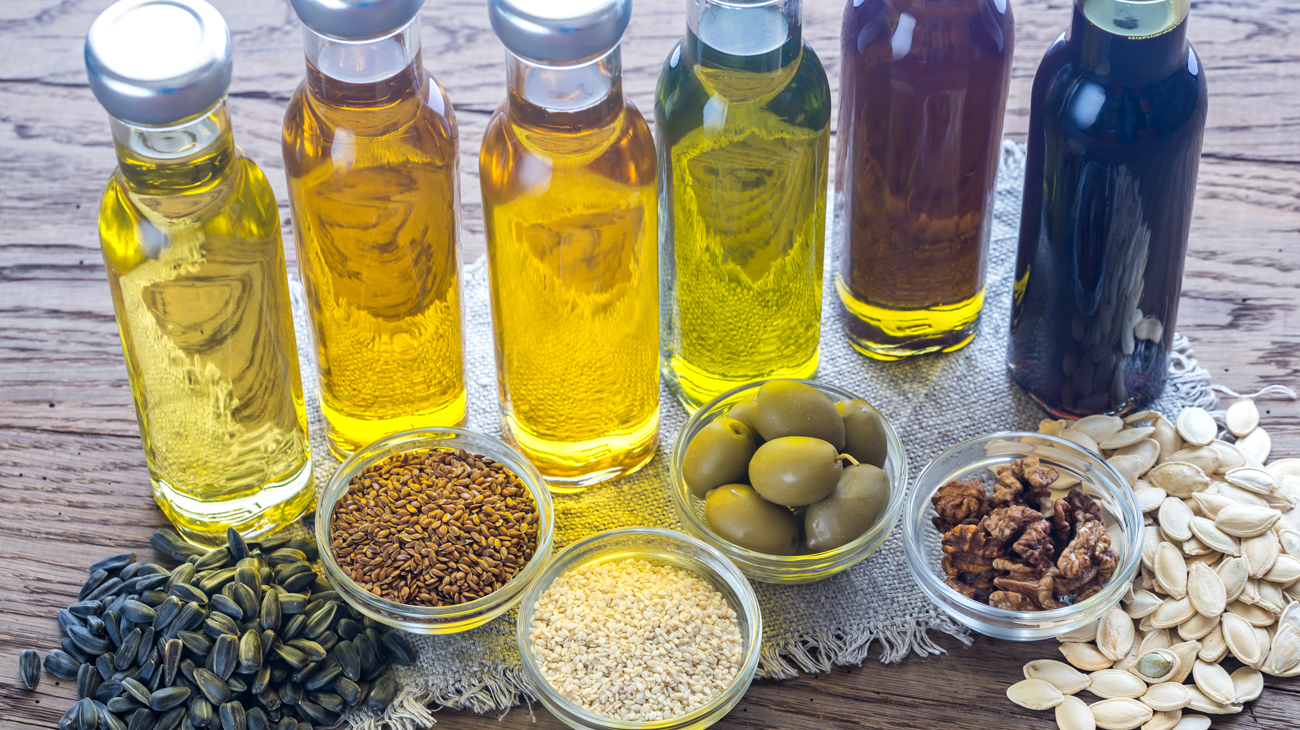
Oilseeds are a crucial part of the global agricultural landscape, providing essential oils and proteins for human consumption, animal feed, and various industrial applications. Here’s an in-depth look at the key aspects of oilseeds and their significance:
Oilseeds are seeds used to extract oil, which is used in cooking, food processing, and industrial applications. Common oilseeds include soybeans, sunflowers, rapeseed (canola), sesame, flaxseed, and peanuts.
Soybeans: Widely cultivated and used for oil extraction and protein-rich meal for animal feed.
Sunflowers: Known for their high-quality oil used in cooking and food products.
Rapeseed (Canola): Valued for its low saturated fat content, used in cooking oils and margarine.
Sesame: Popular for its flavorful oil and seeds used in culinary dishes.
Flaxseed: Rich in omega-3 fatty acids, used in health foods and supplements.
Peanuts: Used for both oil extraction and direct consumption as snacks.
United States: Leading producer of soybeans and sunflowers.
Brazil: Significant exporter of soybeans.
Canada: Known for its canola production.
India and China: Major producers of various oilseeds, including peanuts and sesame.
Growing demand for healthy and sustainable cooking oils.
Increased production to meet the rising global consumption.
Oilseeds contribute significantly to the agricultural economy.
Export of oilseeds and their products is a major source of revenue for producing countries.
Rich source of essential fatty acids, vitamins, and minerals.
Used in producing cooking oils, margarine, and health supplements.
Climate Change: Affects yield and quality of oilseeds.
Pest and Diseases: Can significantly impact production.
arket Volatility: Fluctuations in global oilseed prices affect farmers and exporters.
Adopting sustainable farming practices is crucial for the future of oilseed production. This includes crop rotation, integrated pest management, and the use of genetically modified crops to improve yield and resistance to pests.
The demand for oilseeds is expected to rise, driven by increasing consumption of plant-based oils and proteins. Innovations in agricultural practices and technology will play a key role in meeting this demand sustainably.
Oilseeds are indispensable to global agriculture, providing essential oils and proteins for various uses. At RMJ International, we are committed to supplying high-quality oilseeds and supporting sustainable agricultural practices. For more information and inquiries, visit our website.